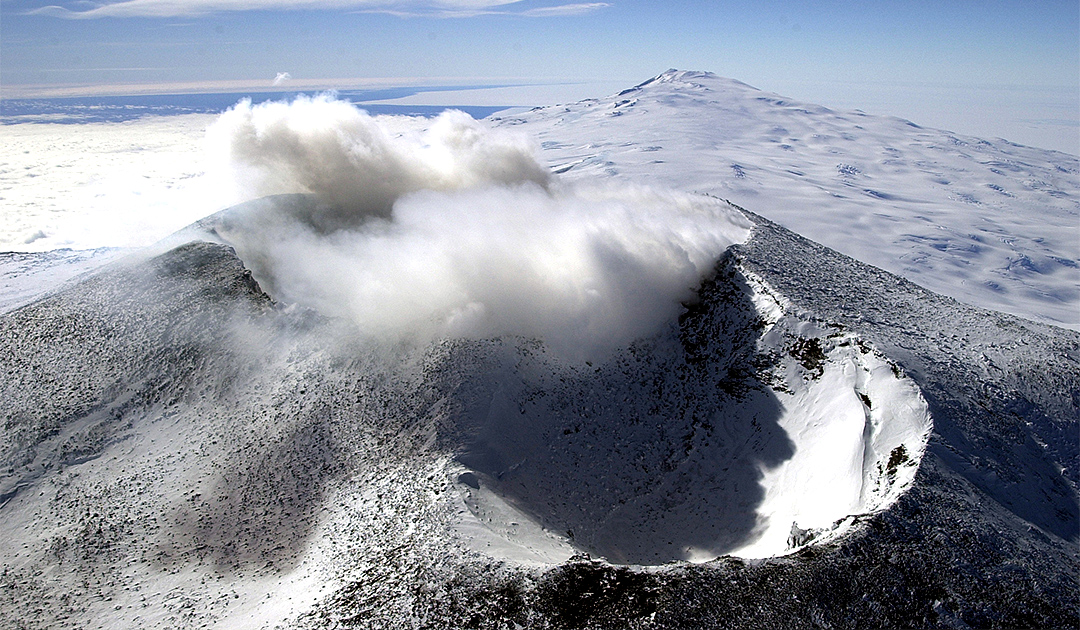
Mount Erebus blows USD 6,000 worth of gold into the air every day
The active volcano Mount Erebus spews 6,000 US dollars worth of gold dust into the air every day, NASA’s Earth Observatory has announced

The active volcano Mount Erebus spews 6,000 US dollars worth of gold dust into the air every day, NASA’s Earth Observatory has announced
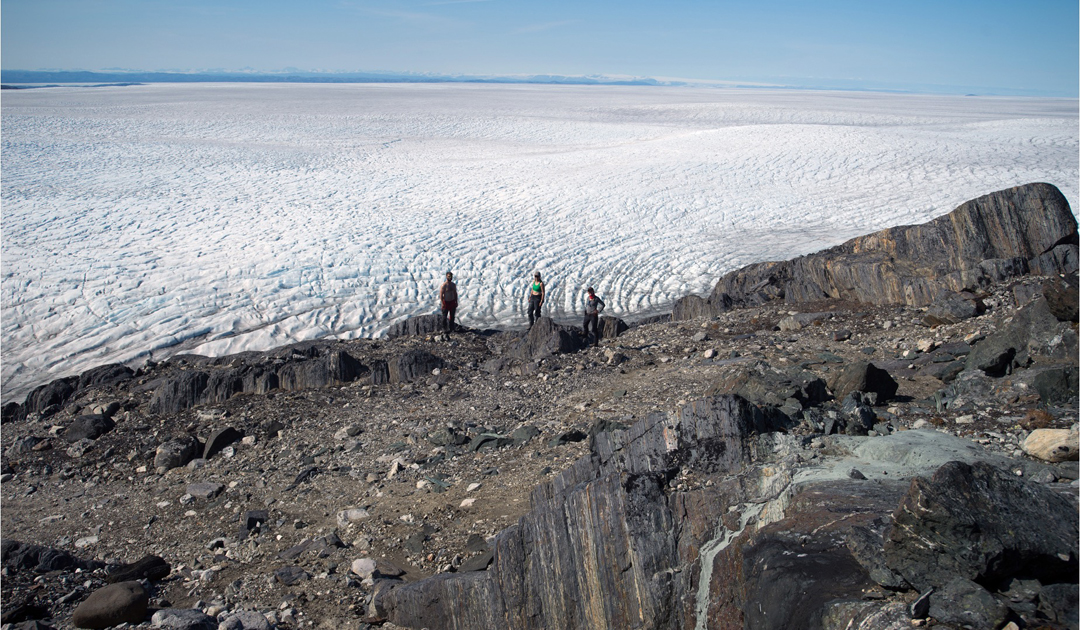
3.7 billion years ago, the Earth may already have had a magnetic field, according to a study published this week based on ancient rocks from Greenland.
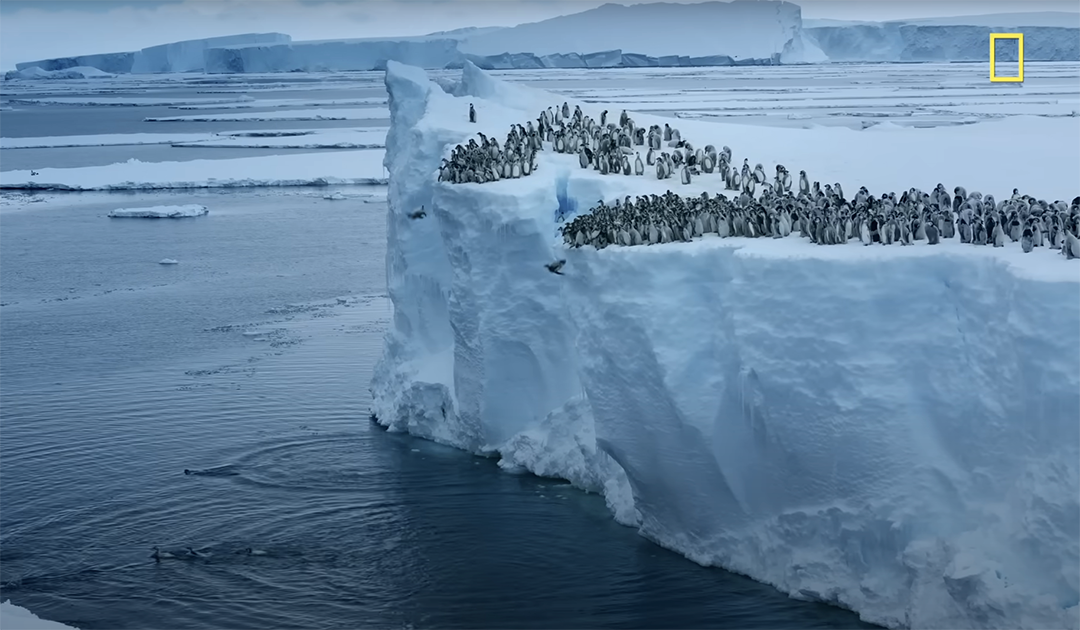
Documentary filmmaker Bertie Gregory was the first to capture the bold leaps of Emperor penguin chicks from high ice cliffs in unique drone footage for National Geographic.
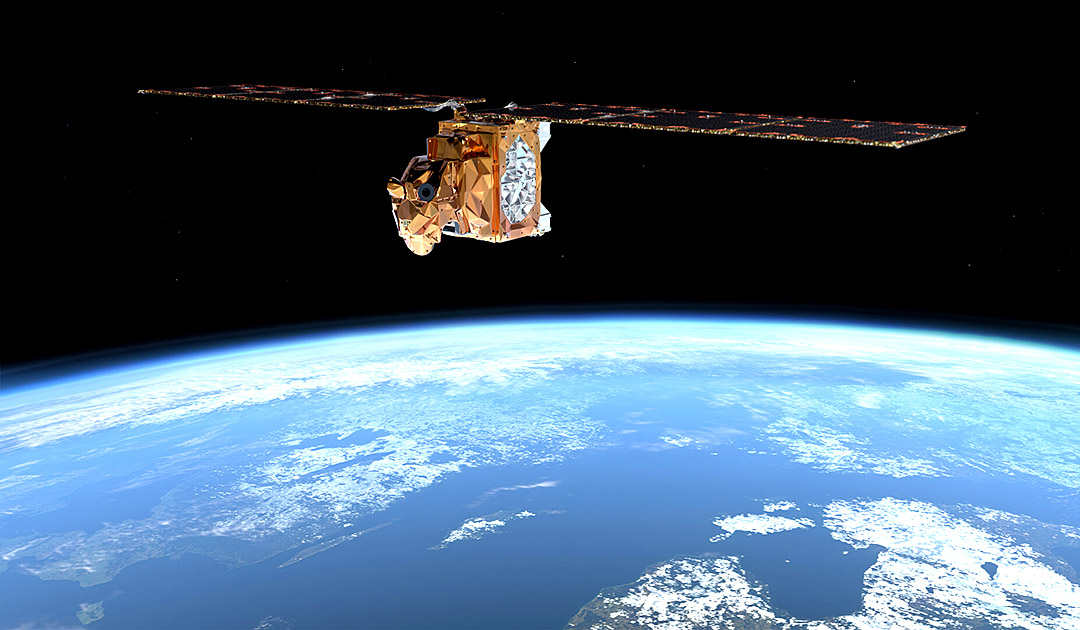
The European Space Agency (ESA) announced that it will launch a satellite in June 2024 to improve weather forecasting in the Arctic.

Physicist Hiroto Nagai composes music using environmental data from the polar regions.
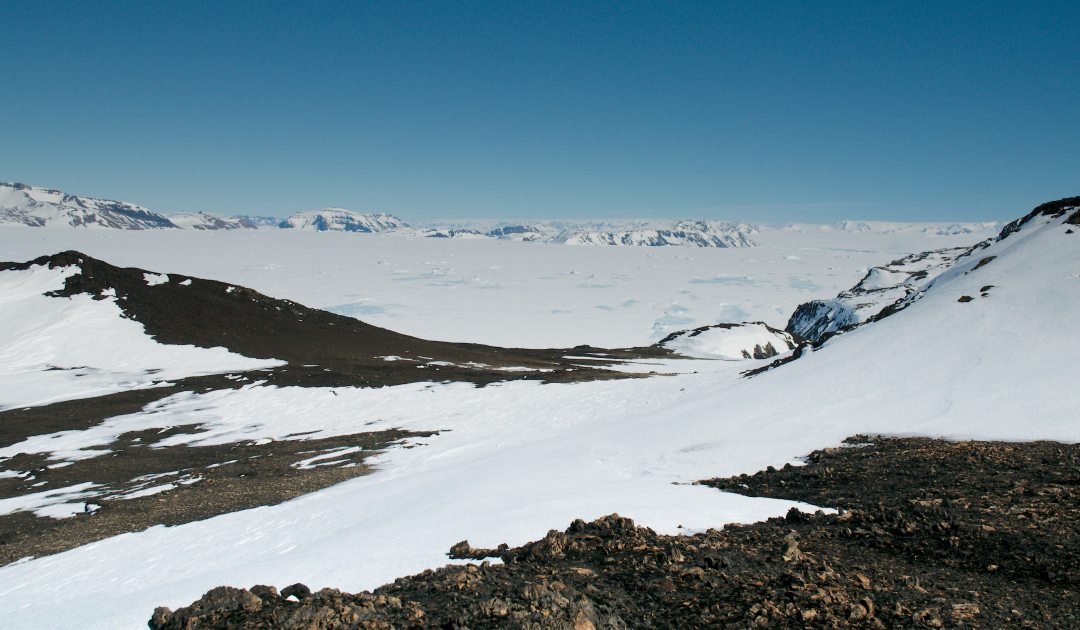
This time, the focus of the review is not on Antarctic sea ice, but on previously neglected Antarctic underwater currents and the topography beneath the largest ice shelf.

After detailed observations of waves in the Southern Ocean, wind was identified as the main cause of the formation of rogue waves.
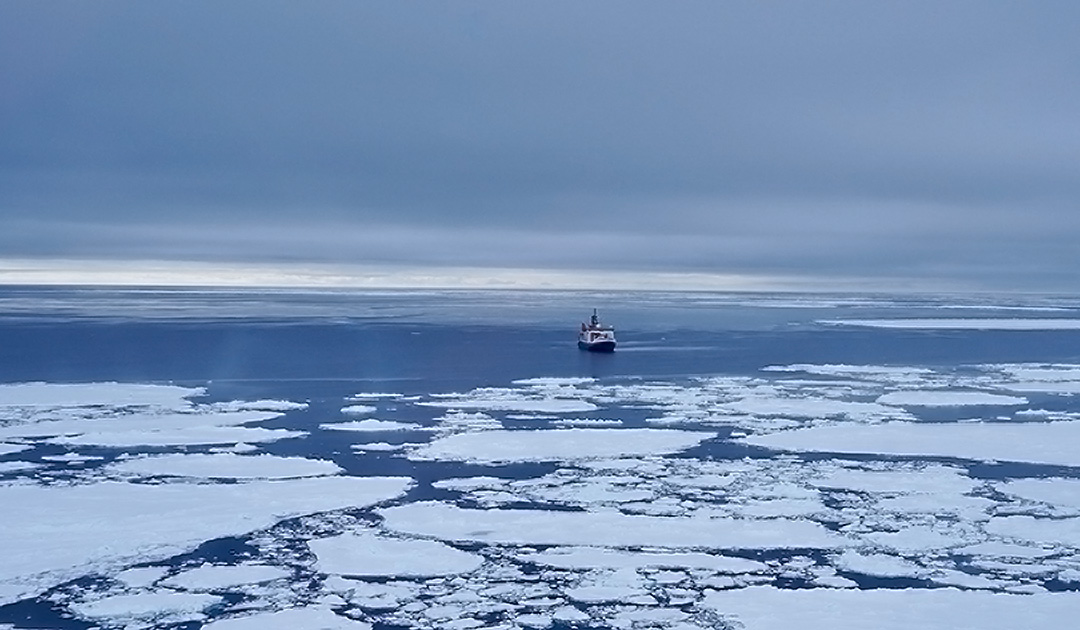
The pollution of the Southern Ocean with microplastics has been significantly underestimated, as researchers from the University of Basel and the Alfred Wegener Institute have shown.
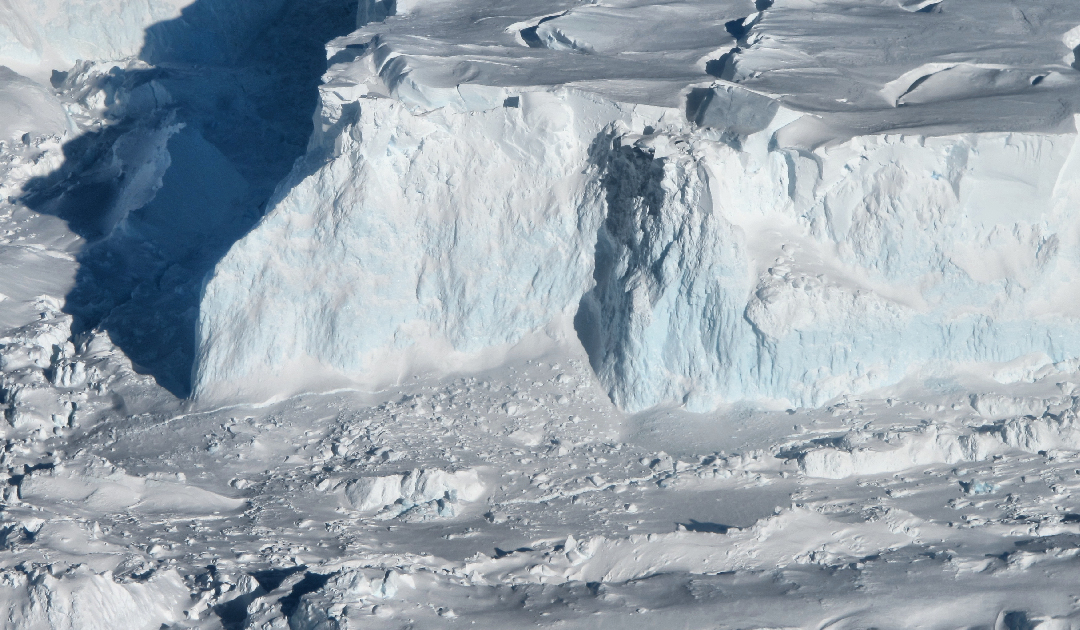
Some researchers have recently proposed the construction of artificial structures – submarine curtains or walls – to stop the warming ocean from getting to the most rapidly melting glaciers in West Antarctica.
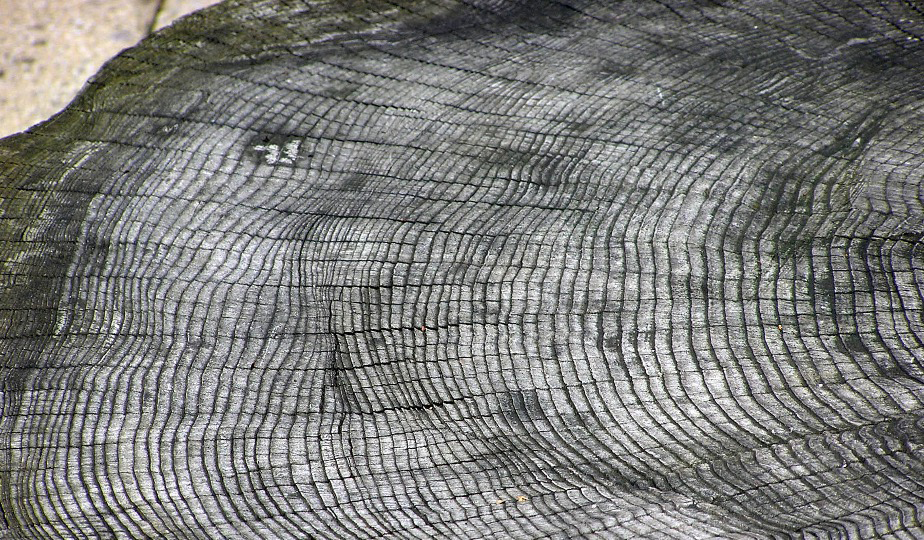
Traces of a major solar eruption have been found in the rings of trees in Lapland. A discovery that could help us prepare for a major solar storm and better understand the carbon cycle.

At the meeting between US President Joe Biden and Russian President Vladimir Putin in Geneva in 201, Biden addressed the problem of methane release in the Arctic.
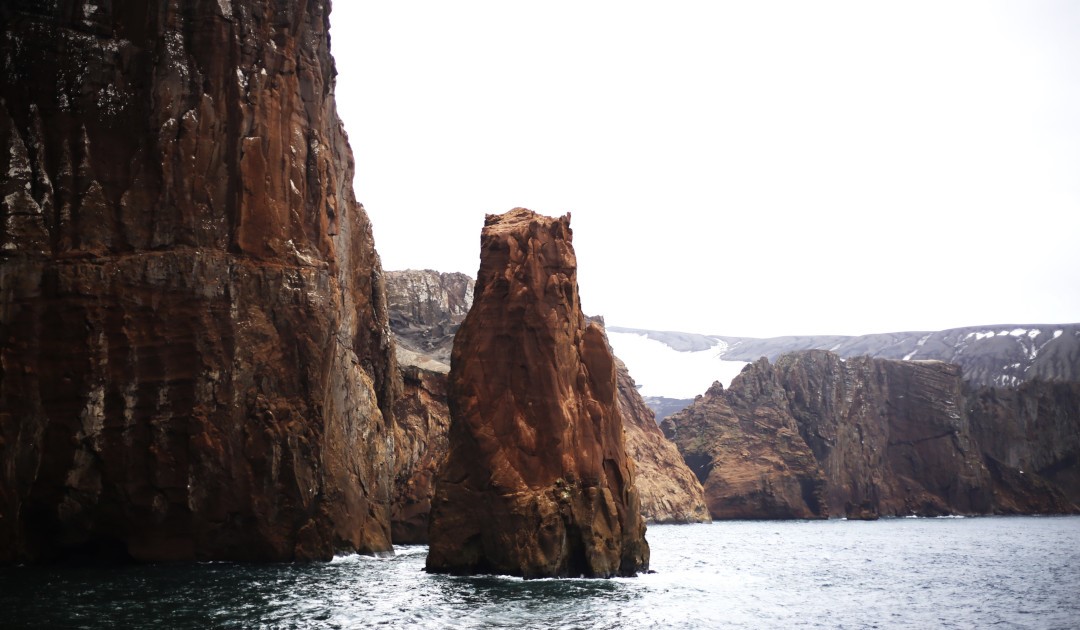
In laboratory tests in Brazil, filamentous fungi from Deception Island (Antarctica) slowed the proliferation of cancer cells.
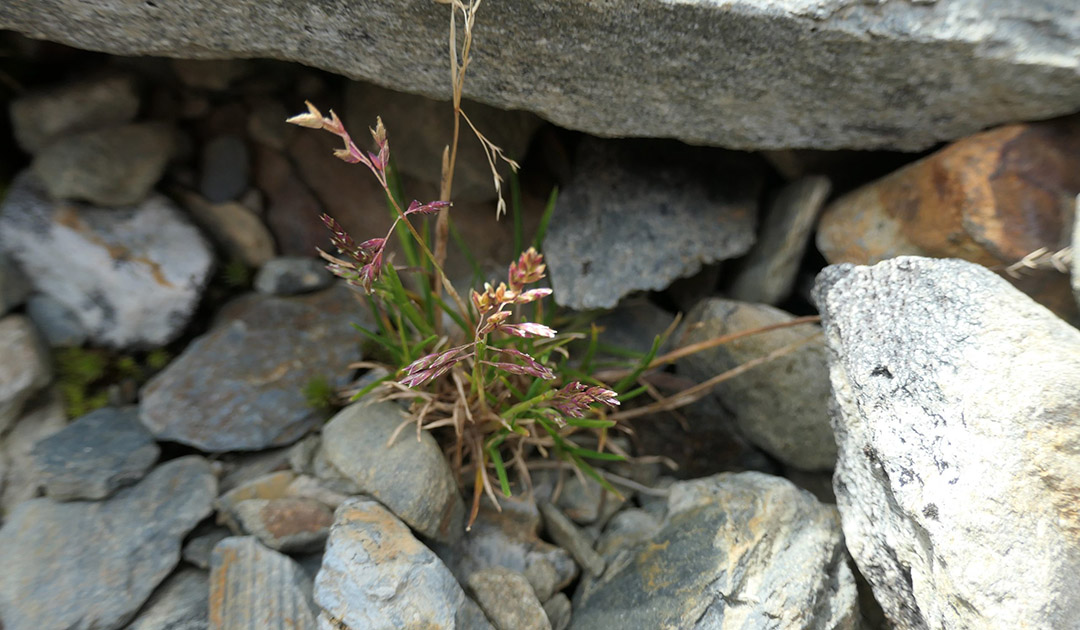
On South Georgia, invasive plants and invertebrates colonise the newly available habitats in front of the melting glaciers relatively quickly.
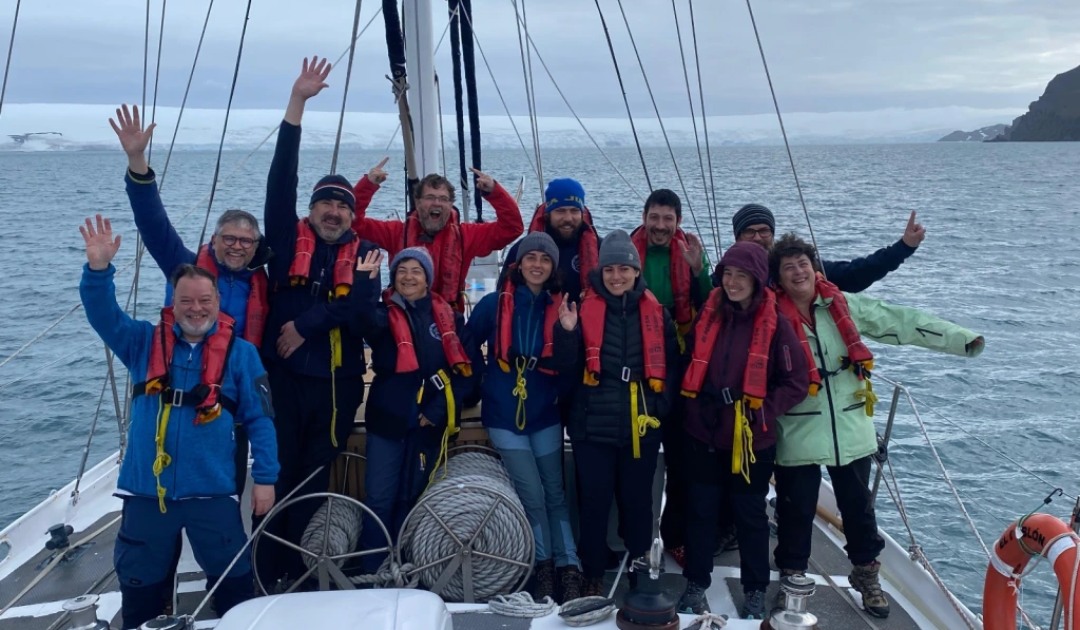
The expedition increased Portugal’s research independence, had a low carbon footprint, and allowed research in otherwise inaccessible areas.
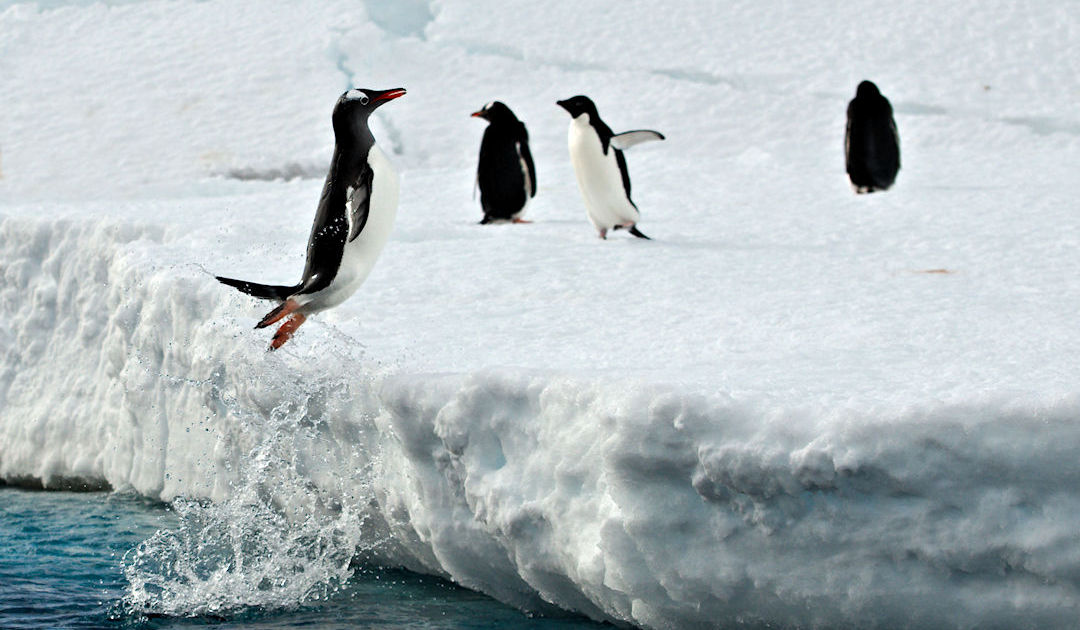
Whether it’s the 25th anniversary of Nunavut’s self-government or the loss of a second due to the melting of the ice sheets, time and leaps also play an important role in polar regions.
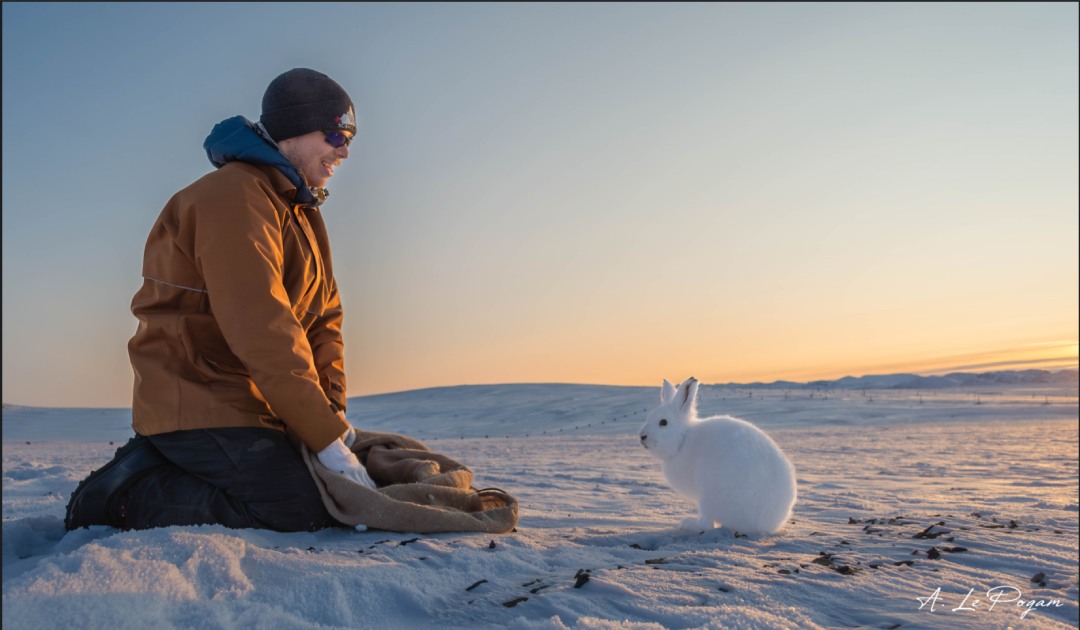
Ludovic Landry-Ducharme, an Arctic hare researcher, guides us through all the things we do not – yet – know about the world’s most northern critters.
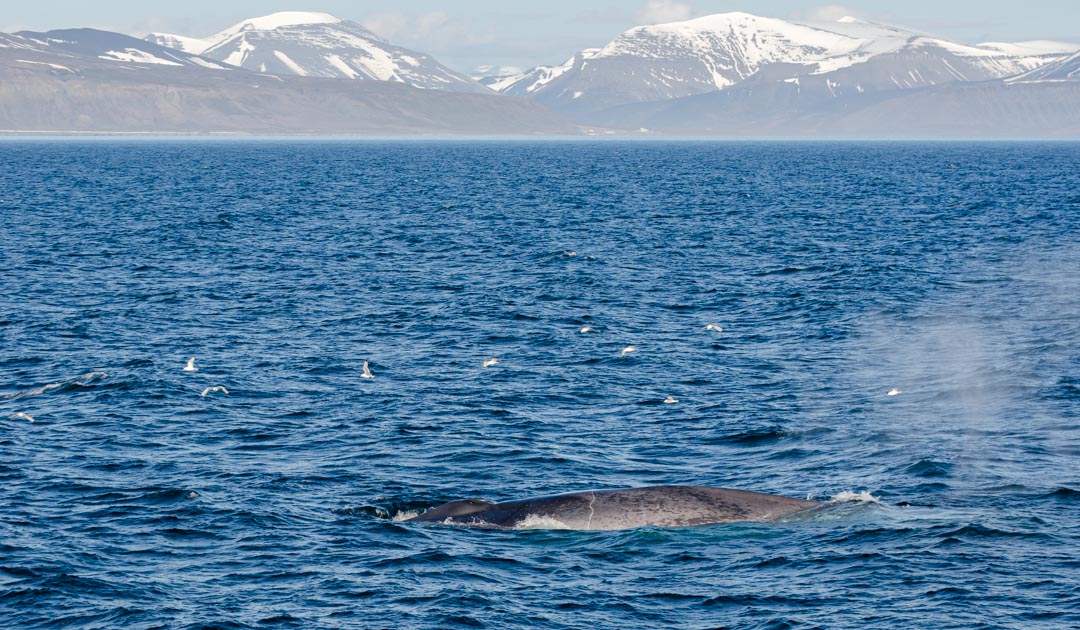
Blue whales form a unique population around Antarctica and CCAMLR should minimise the human impact on the species around the continent, according to a study published in Animal Conservation.

People in Portugal do not always understand why the country needs a Polar program.
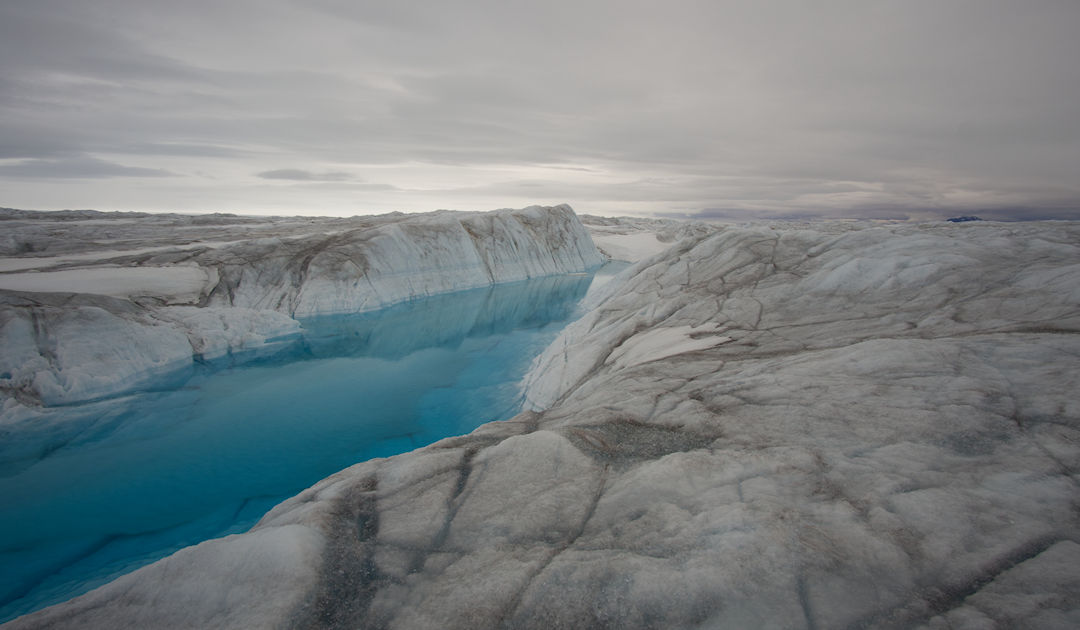
Greenland’s largest glacier tongue at 79°N Glacier has thinned to such an extent since 1998 that experts fear its collapse.

Fossilized claws belonging to a terror bird have been discovered in Antarctica. The presence of this superpredator could well offer a new scenario for reconstructing Antarctic ecosystems during the Eocene.

High-resolution satellite images made it possible for the first time to take a precise look at the global population of emperor penguins over a period of ten years.

Every spring, scientists in Arctic Alaska map safe routes across the ice so local hunters can uphold a thousand-year-old tradition.
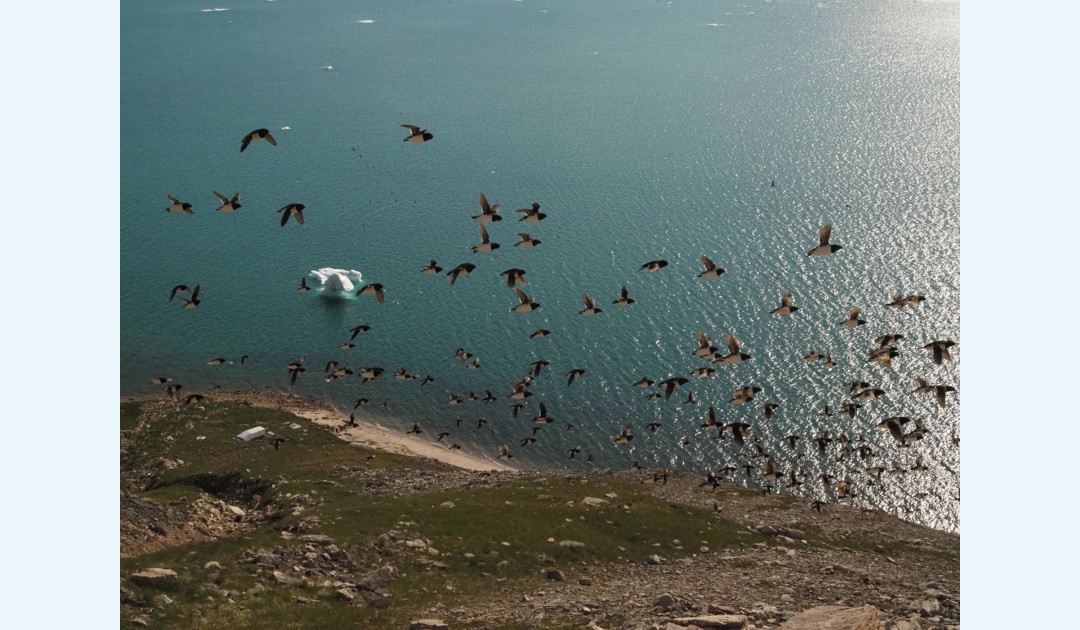
Using sound, images and artificial intelligence, researchers in Japan and Denmark are tracking changes in little auks in the Baffin Sea with the help of local communities.

Arctic rivers carry more water and contain more carbon due to warming – just one of the effects of thawing permafrost soils.